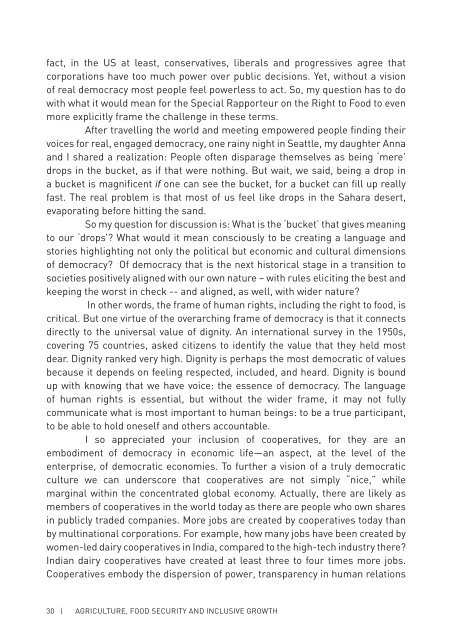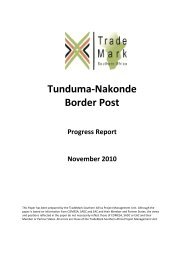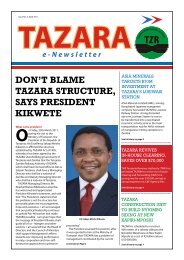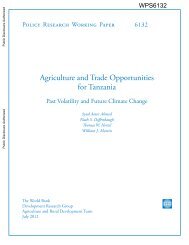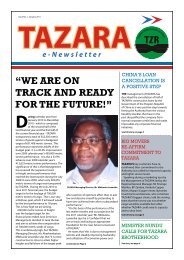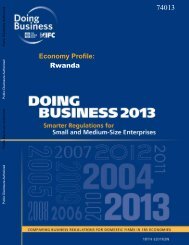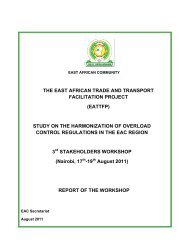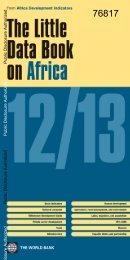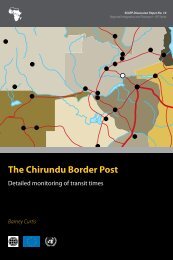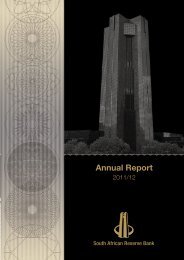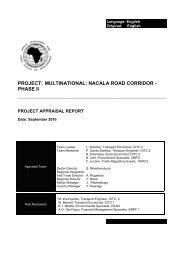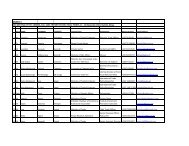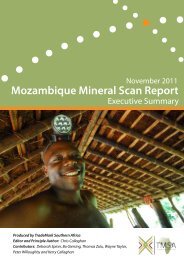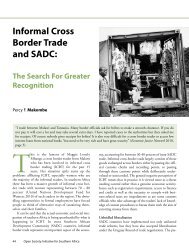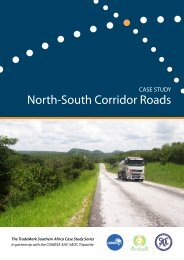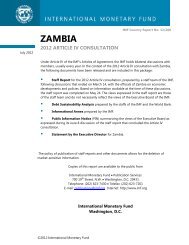Agriculture, Food Security and Inclusive Growth - SID Netherlands ...
Agriculture, Food Security and Inclusive Growth - SID Netherlands ...
Agriculture, Food Security and Inclusive Growth - SID Netherlands ...
You also want an ePaper? Increase the reach of your titles
YUMPU automatically turns print PDFs into web optimized ePapers that Google loves.
fact, in the US at least, conservatives, liberals <strong>and</strong> progressives agree that<br />
corporations have too much power over public decisions. Yet, without a vision<br />
of real democracy most people feel powerless to act. So, my question has to do<br />
with what it would mean for the Special Rapporteur on the Right to <strong>Food</strong> to even<br />
more explicitly frame the challenge in these terms.<br />
After travelling the world <strong>and</strong> meeting empowered people finding their<br />
voices for real, engaged democracy, one rainy night in Seattle, my daughter Anna<br />
<strong>and</strong> I shared a realization: People often disparage themselves as being ‘mere’<br />
drops in the bucket, as if that were nothing. But wait, we said, being a drop in<br />
a bucket is magnificent if one can see the bucket, for a bucket can fill up really<br />
fast. The real problem is that most of us feel like drops in the Sahara desert,<br />
evaporating before hitting the s<strong>and</strong>.<br />
So my question for discussion is: What is the ‘bucket’ that gives meaning<br />
to our ‘drops’ What would it mean consciously to be creating a language <strong>and</strong><br />
stories highlighting not only the political but economic <strong>and</strong> cultural dimensions<br />
of democracy Of democracy that is the next historical stage in a transition to<br />
societies positively aligned with our own nature – with rules eliciting the best <strong>and</strong><br />
keeping the worst in check -- <strong>and</strong> aligned, as well, with wider nature<br />
In other words, the frame of human rights, including the right to food, is<br />
critical. But one virtue of the overarching frame of democracy is that it connects<br />
directly to the universal value of dignity. An international survey in the 1950s,<br />
covering 75 countries, asked citizens to identify the value that they held most<br />
dear. Dignity ranked very high. Dignity is perhaps the most democratic of values<br />
because it depends on feeling respected, included, <strong>and</strong> heard. Dignity is bound<br />
up with knowing that we have voice: the essence of democracy. The language<br />
of human rights is essential, but without the wider frame, it may not fully<br />
communicate what is most important to human beings: to be a true participant,<br />
to be able to hold oneself <strong>and</strong> others accountable.<br />
I so appreciated your inclusion of cooperatives, for they are an<br />
embodiment of democracy in economic life—an aspect, at the level of the<br />
enterprise, of democratic economies. To further a vision of a truly democratic<br />
culture we can underscore that cooperatives are not simply “nice,” while<br />
marginal within the concentrated global economy. Actually, there are likely as<br />
members of cooperatives in the world today as there are people who own shares<br />
in publicly traded companies. More jobs are created by cooperatives today than<br />
by multinational corporations. For example, how many jobs have been created by<br />
women-led dairy cooperatives in India, compared to the high-tech industry there<br />
Indian dairy cooperatives have created at least three to four times more jobs.<br />
Cooperatives embody the dispersion of power, transparency in human relations<br />
30 | AGRICULTURE, FOOD SECURITY AND INCLUSIVE GROWTH


